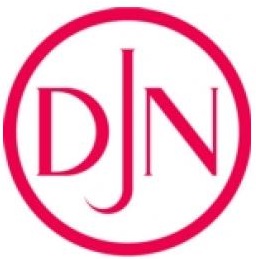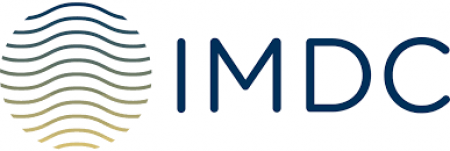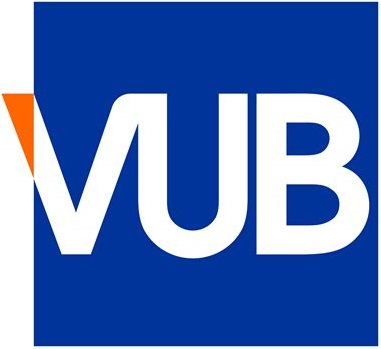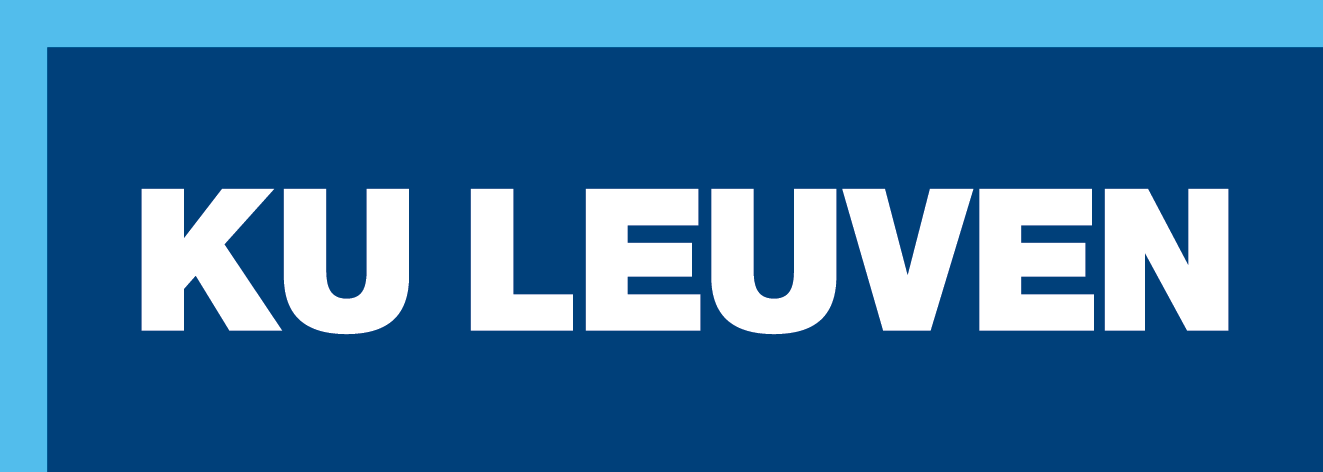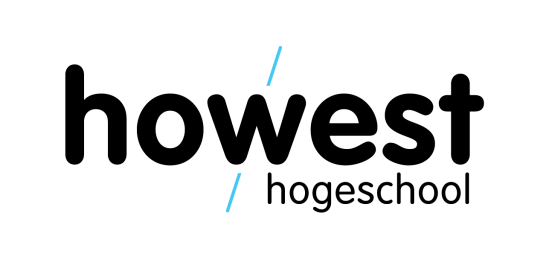Studying the past to confront future challenges is one of the key principles of the Testerep project. By offering a historical perspective on current issues like sea level rise and coastal defense in times of climate change, the project aims to help improve coastal protection policies. This will be achieved by, among other things, offering new insights into large-scale coastal morphodynamics, testing new technologies for modeling & surveying, and serving as a platform for initiatives that raise awareness about past coastal development, current challenges and how these can be tackled sustainably in the future.
The project partners, in collaboration with a wide range of stakeholders, will endeavour to further valorise the output of the project. To this end, they will employ a continuous process of co-creation, which enables the transfer of ideas across scientific disciplines, objectives and backgrounds. Flemish and provincial government bodies, coastal municipalities, touristic services and various players from (marine and maritime) industry and consultancy, among others, showed interest in following the project from its onset and further valorising its results together.
There is a stakeholder meeting every six months, open to all interested parties. During these meetings project progress updates are given, but they are also networking events during which the stakeholders are invited to actively contribute to and co-create with the research.
Picture of the first stakeholder meeting (20/04/2022)
From the beginning of the project, three fixed valorisation trajectories were launched, aimed both at the general public and professional stakeholders:
- A temporary exhibition in Ostend and a travelling exhibition along the coast, with accompanying bike and walking tours
- The use of citizen science:
- An extension of the CoastSnap citizen science initiative on the Flemish coast
- Other opportunities for public participation in the project (e.g. for acquiring samples)
- Two "good practice" workshops
- Historical knowledge & analysis: Good practice in contemporary coastal protection and development
- Good practice guidelines on how to conduct archaeological research in the polders and coastal area
Additionally, there is room within the project to create and shape new, promising ideas for Testerep-related outreach. For example, the project inspired a theatre production.
Stakeholders
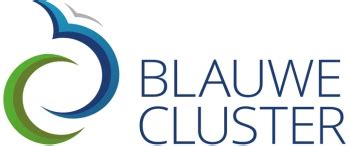
The Blue Cluster is an independent neutral partner for Flemish companies, with a vision to develop and promote economic activities at sea.
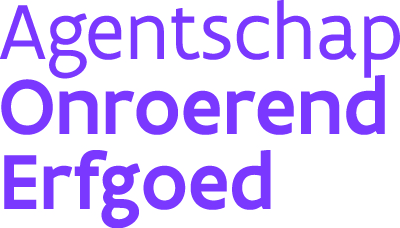
'Agentschap Onroerend Erfgoed' is an agency of the Flemish government. Immovable heritage includes architectural, archaeological, landscape, heraldic and maritime heritage.
The coastal city of Ostend, located on what used to be the East end of what used to be Testerep.

The 'Departement Mobiliteit en Openbare Werken' is a department of the Flemish government that actively supports policymaking, investment, management, mobility, road safety and operation of the transport- and portinfrastructure.
Westtoer brings together players with roles in the tourist-recreational sector of West Flanders.
The 'Agentschap maritieme dienstverlening en kust' is an agency that concerns itself with guiding shipping in normal and emergency situations, and protecting and informing the population about the sea.
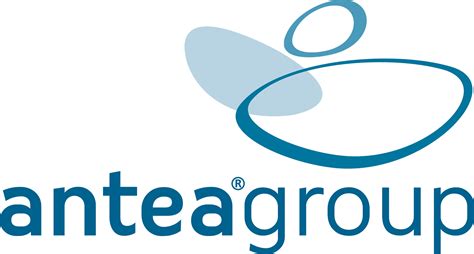
Antea Group is a Belgian consultancy and engineering firm that operates internationally in hydraulic engineering, infrastructure, coastal construction, real estate, urban design, environment, safety and project management.
HAEDES is an independent marine engineering company and consultancy based in Belgium and Portugal.
'Departement Omgeving' is a department of the Flemish government, which strives for sustainable use of diverse natural resources in a low-carbon, energy-efficient, climate-intelligent society. Furthermore, the 'Departement Omgeving' realizes a strong link between ecological, social and economic dimensions.

DEME is a globally active group of companies specializing in dredging, land reclamation, port infrastructure, offshore services for the oil and gas industry and wind energy.
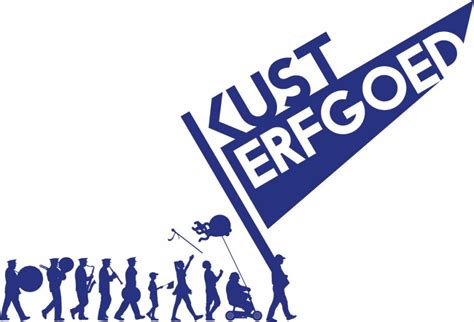
Kusterfgoed is a young heritage cell, founded in 2015 to safeguard the cultural heritage of the Flemish coastal region for future generations.

TG Vagenvuur makes impressive music theater around themes with both historical and current relevance.
